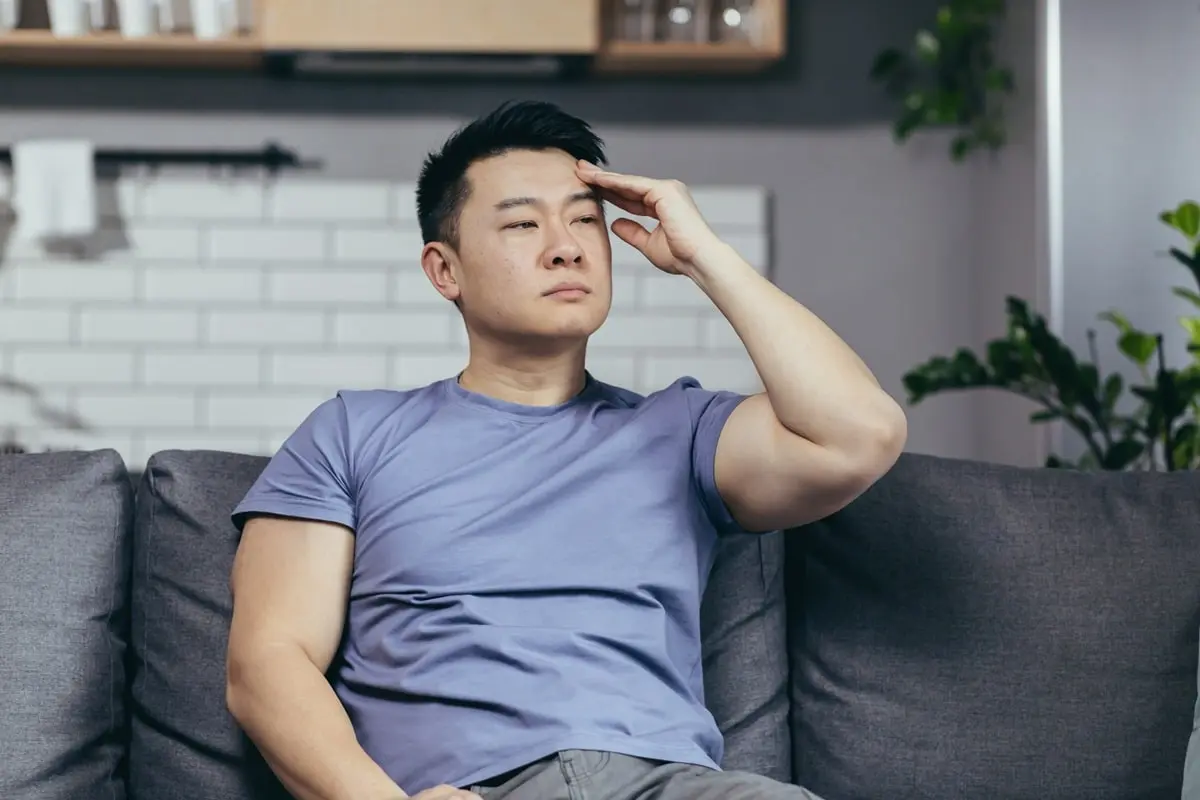Do You Worry Too Much About Your Health?
It can sometimes be tricky to determine whether you are focusing enough on your health. Are you obsessing about it? Or are you neglecting an important symptom? What’s the happy medium?
It is possible to get a handle on this type of anxiety using specific strategies covered below. These strategies can help you get control over your health-related worry.
If you focus too much on our health, it can lead to hypochondriasis (also known as health anxiety). Hypochondriasis is defined as excessive worry about having a serious illness. It can be a big problem for many people and can significantly impact how you spend your time. Some common ways health anxiety can limit one’s quality of life and functioning include:
- Thinking about a symptom (or lack thereof) excessively
- Worrying excessively about the possibility of having an underlying medical condition
- Attending doctor’s appointments frequently
All this often happens in the absence of a medical diagnosis. Sometimes the person is told they’re “completely healthy” by doctors, which can be experienced either as a relief or a sign that the doctor missed something.
How to Reduce Health Anxiety and Stop Being a Hypochondriac
If you suffer from health anxiety, there are some effective ways that you can reduce the time and extent of worry about your health. These include:
Increasing awareness of worry thoughts
Keeping a log of health anxiety thoughts can increase our awareness and help reduce the frequency of these thoughts. This happens by allowing us to recognize patterns and/or lack of usefulness of these thoughts. For example, your thought log might show that the last time you worried about stomach cancer, it turned out to be gas!
Understanding the overestimation tendency
Health anxiety can lead you to overestimate the probability of a worst-case scenario. For example, you might be convinced that a temporary case of a headache may actually be brain cancer. While there is a chance that that could be true, the likelihood of that happening is extremely small. So, the question to ask yourself here would be “What’s the realistic likelihood that the worst-case scenario is true?”
Understanding evidence against health anxiety thoughts
If you have hypochondriasis, you are an expert at thinking of reasons why you might have a serious illness. What comes less easily are reasons why you may NOT have a serious illness. So, when having a health worry, ask yourself “What’s the evidence that this is nothing serious?”
Refraining from reassurance-seeking
When worrying about health, it is quite common to seek reassurance or answers about health-related concerns. Common reassurance-seeking behaviors are excessive “Googling,” seeking social support from friends and family, and making frequent phone calls to the doctor’s office to check out various symptoms.
An important way to reduce health anxiety is by reducing reassurance-seeking. This is because while reassurance-seeking might reduce distress in the short-term, it’s doesn’t reduce health-related worry in the long term. In fact, it actually increases worry over time and increases dependence on others for reassurance. This dependence can strain relationships and decrease a sense of autonomy.
Recognizing and managing health anxiety can feel quite difficult, especially if it’s been a way of life for a long time. These tips and tricks can help you exercise just the right amount of caution when it comes to maintaining health long-term. They might just help you stop being a hypochondriac!
Subscribe to the Manhattan Center for Cognitive-Behavioral Therapy blog!









